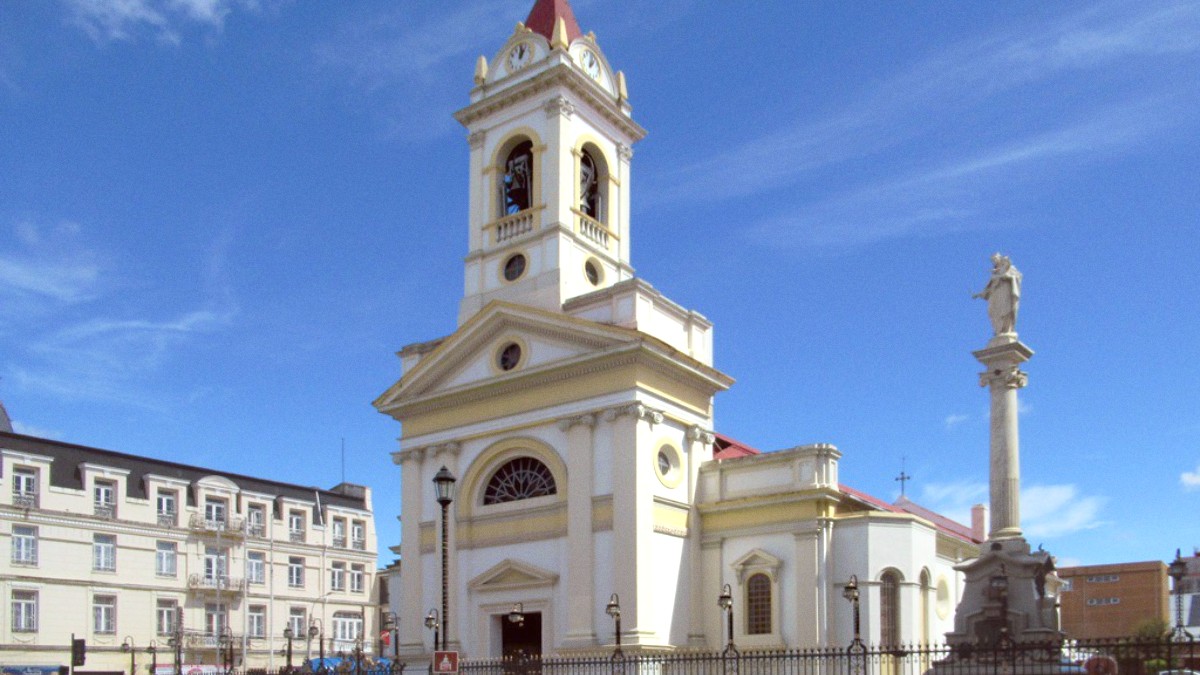
Southern Patagonia, Chile
Punta Arenas's public transit system consists mainly of local buses, known as "micros," and shared fixed-route taxis, called "colectivos." The city does not have a metro or tram system. These options provide affordable ways to get around.
Buses (Micros) display route numbers/destinations on the front. Plaza Muñoz Gamero acts as a hub for many routes. Colectivos are black sedans with a roof number, following fixed routes, picking up multiple passengers.
Ask your accommodation or locals for best routes. Learn main street names or landmarks for directions.
Always have small Chilean Peso notes or coins ready; drivers may not have change for large bills.
Locals are generally helpful with directions and route information for visitors.
International chains like Hertz, Avis, Europcar, Budget available at airport and city.
21/25+ years old, valid driver's license, IDP recommended, credit card for deposit.
Limited availability due to challenging weather conditions.
No city-wide program, but some hotels/tour operators offer mountain bike rentals.
Driving offers flexibility, but be aware of local conditions.
No hop-on-hop-off services. Tour operators offer full/half-day excursions to Fuerte Bulnes or estancias using their own buses/vans.
Not for regular taxi services. Boat trips to Magdalena Island penguin colony or Chilean fjords depart from main port/operator docks.
Dedicated accessibility infrastructure is limited; sidewalks can be uneven. Newer hotels/attractions may offer better access. Public transport is generally not wheelchair accessible.
Driving in Patagonia can be unique; keep these safety points in mind.
Carry a basic emergency kit: first-aid supplies, water, non-perishable food, and a blanket.
For remote areas.
Mobile phone may lose signal in remote areas. Consider a satellite communicator for extensive remote travel.
Stay connected.
Ensure your rental car has a full-sized spare tire and the necessary tools for changing it.
Crucial for remote driving.
Whether walking, cycling, or driving, adapting to the unique Patagonian weather and road conditions is part of the adventure.
Always stay informed about local conditions and prioritize safety during your exploration of Punta Arenas.